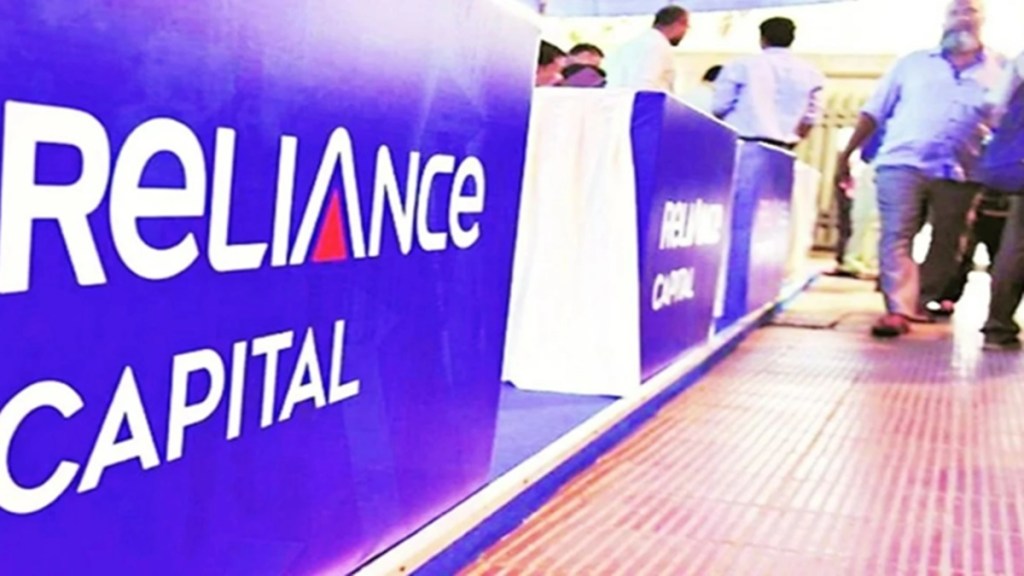Lenders to debt-laden Reliance Capital (RCap) believe that irreparable harm could be caused by the continued stay of the extended challenge mechanism, with the firm losing more than Rs 275 crore in the last six weeks. Going forward, a loss of Rs 45 crore is expected to be incurred per week.
The Rs 275 crore is in terms of interest on admitted debt alone for the Committee of Creditors (CoC). Further, the stay on the second e-auction is preventing the CoC from discovering a higher value and has put RCap’s Corporate Insolvency Resolution Process (CIRP) in “suspended animation”, the lenders said in a written submission filed before the National Company Law Appellate Tribunal (NCLAT).
Also read: Higher costs no deterrent for startups using WhatsApp, Twitter for business
The letter said that the CoC is being prevented from discovering the best price through the insolvency process, and reiterated its earlier stance that denial of extended challenge mechanism would result in a loss of Rs 5,000 crore in upfront payment to the lenders. The submissions were made by Vistra ITCL (India), which had challenged an earlier National Company Law Tribunal (NCLT) order that termed the second e-auction as a violation of bankruptcy rules.
RCap’s administrator had admitted claims of more than Rs 25,000 crore, most of which is public money. About Rs 13,500 crore of claims are by the Life Insurance Corporation of India and Employees’ Provident Fund Organisation (together having 35% of voting rights in CoC), Provident and Pension Funds and Army Group Insurance Fund, which are all public money.
The CoC had voted “unanimously” for an extended challenge mechanism as the outcome of the first challenge mechanism was “suboptimal and unsatisfactory”.
Also read: ‘Making IHCL profitable my biggest achievement’
The lenders also said that as per the terms of the Request for Resolution Plan (RFRP), the CoC has complete freedom to choose any method or process of negotiations, and one such method could be the challenge mechanism. Even if there was a successful resolution applicant, the CoC is free to negotiate with other applicants, prior to voting, it added.
On February 21, NCLAT had reserved for judgement an appeal filed by a bidder and permitted all parties to file submissions in three days. According to the CoC, value maximisation was the key objective under the IBC and it was free to negotiate as many times as needed.
